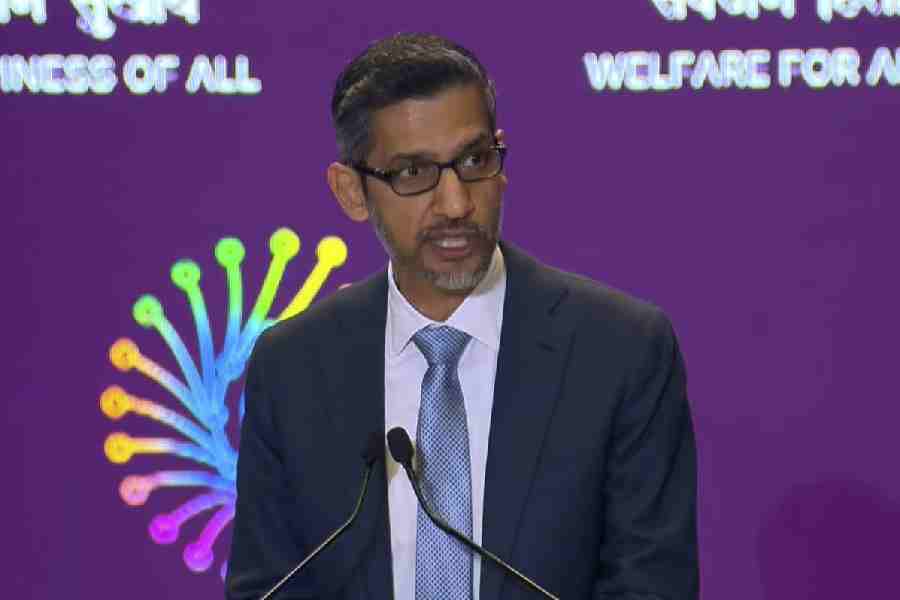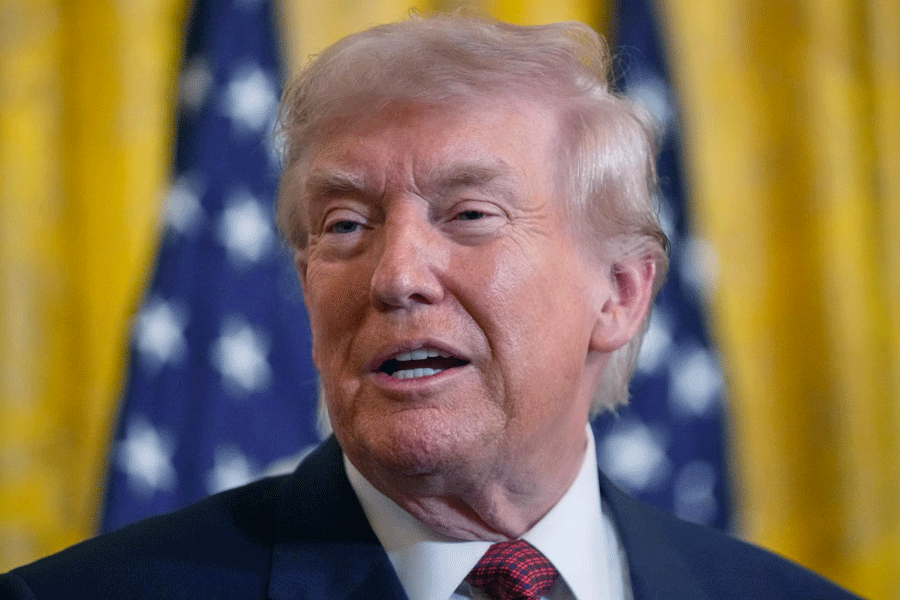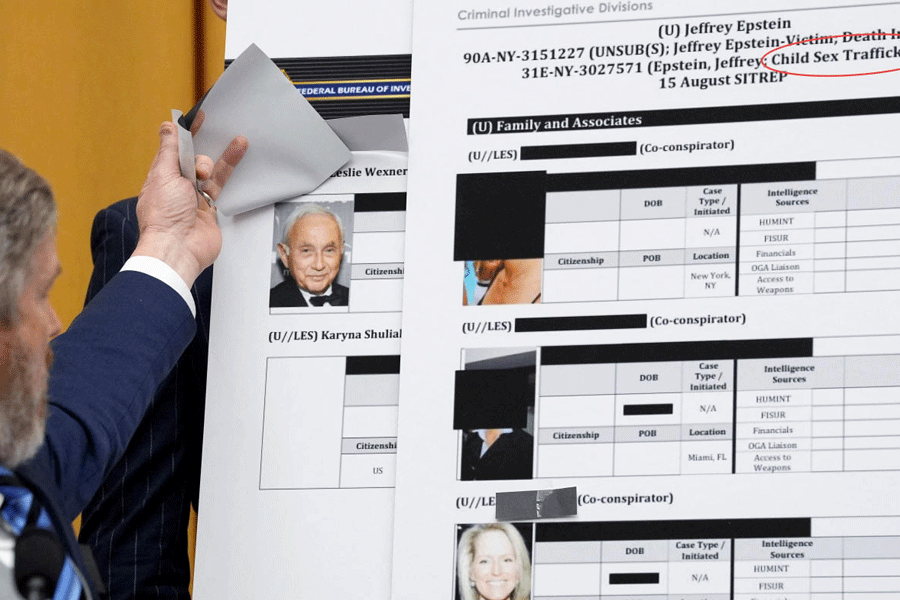 |
| A scene of the play, Brahma Raatha |
Who is responsible for human fate? With this question, playwright D. Vizai Bhaskar drags the audience from the traditional submission to culture to the revolutionary slogan of equality.
His play, Brahma Raatha (Brahma’s writ), translated by L. Bishwanath Sharma, directed by M.C. Thoiba and produced by Banian Repertory theatre, was staged on March 1 at Banian Repertory Hall to a limited audience, comprising a few critics and reviewers.
Human fate is shaped by a higher order but not freely or arbitrarily. Fate is determined by corruption in the higher order. The laymen have no choice, nor any option. Narada, the heavenly saint, questions the creator about the universe’s design of inequality. The basic principle of inequality cannot explain why the creator fails to build a human free from inequality.
The play shows the corruption that affect human fate. In the play, dead souls of politicians and administrators from earth arrive at Brahmaloka. They bribe the three divine astrologers, who write the fate of dead souls’ next life, to be reborn as powerful and rich as they were in their past lives. The deeds of the divine astrologers remain unknown to the supreme creator.
Narada finds a skull on the banks of Loktak Lake. On its forehead, it is inscribed that he would be a happy man afterwards. But not only is he a victim of extreme poverty but also a prey of a fake encounter. The skull is of Dalit leader Nanda. In Brahmaloka, there is a debate on the fate of rich and poor between Narada and Brahma. And, at last justice is delivered. Every human fate will not be decided by Brahma but by the individual’s own deeds.
The director creates the play with elements from Manipuri nat-sankritana, pung cholom and wariliba and creates a visual delight with excellent use of Hindu Manipuri traditional costumes.
Music plays an important role to make the play a perfect audio-visual experience and music director H. Shatananda deserves special mention. Proper make-up acted as a tool that allowed the audience to differentiate the characters placed in Bhuloka from the ones in Brahmaloka.
L. Tiken (Brahma), Ch. Basanta (Narada), H. Deban (superior), Ch. Victor (senior) and K. Nanao (junior) play their characters with superb panache.
The play will be staged in D. Vizai Bhaskar’s National Multilingual Drama Festival at Hyderabad on March 19.










